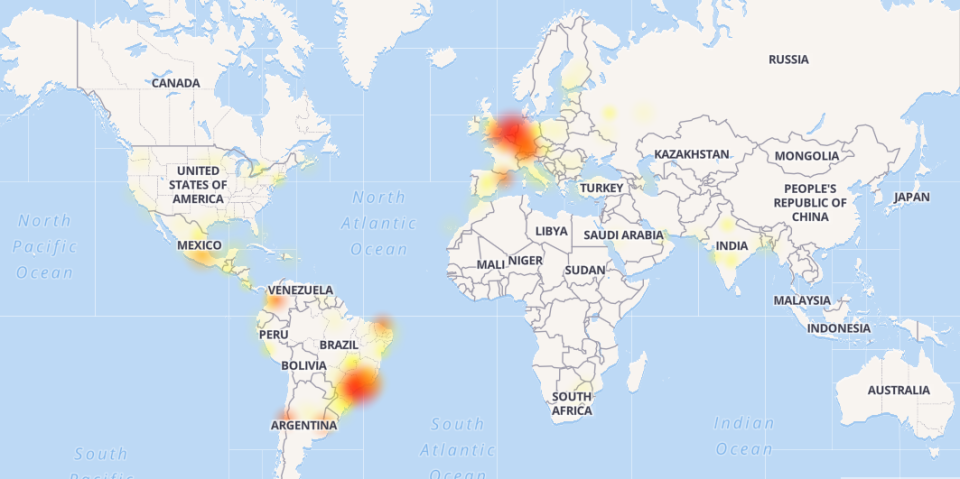

They also search for news about those who have been arrested or abducted. People seek real-time information on any danger or risk in volatile neighbourhoods, from finding out about police raids to learning the target of the latest grenade explosions. Social networks have become an essential tool for daily life and self-protection for Burundians. The government can’t function without them, and amid severe budget constraints, it needs communication taxes. Mobile networks continue to function even during moments of severe crisis. WhatsApp, Facebook, Twitter and texts have filled the gap. Meanwhile, mobile phones have replaced radios as the main source of information. Reporters Without Borders ranks Burundi 156th out of 180 countries in its press freedom index. Foreign media are no longer welcome and dangers await those who do find their way in.Īt home, the media landscape has been reduced to a minimum: religious and commercial radio are the last independent antennas standing. Since then, the climate of violence, harassment and threats has driven about a hundred journalists into exile – that’s a third of all Burundi’s reporters. In August, a committee of inquiry established “complicity” between some private media bosses and the putschists, leading a prosecutor to issue arrest warrants against journalists. The next day, loyalist forces regained control of the city and destroyed radio stations including Bonesha, RPA, Isanganiro and Radio Renaissance. During the abortive coup of 13-14 May last year, insurgents and opponents of the president’s bid for a third term tried and failed to take over the national radio television (RTNB), but they managed to destroy the government-linked Rema FM. With 90% of the population relying on radio as their main source of information, traditional media has been in the eye of Burundi’s gathering storm since at least 2010. For better or worse, social media has filled the vacuum left by the shutting down of the most popular radio stations and forcing out of many of the country’s professional journalists.

Press freedom is a major casualty of the new strife but the turmoil has also transformed the way in which Burundians get information. It started with President Pierre Nkurunziza’s determination to claim a third term, trampling over the constitutional arrangements that ended a decade-long civil war. Burundi’s year-long crisis has not gone away.


 0 kommentar(er)
0 kommentar(er)
